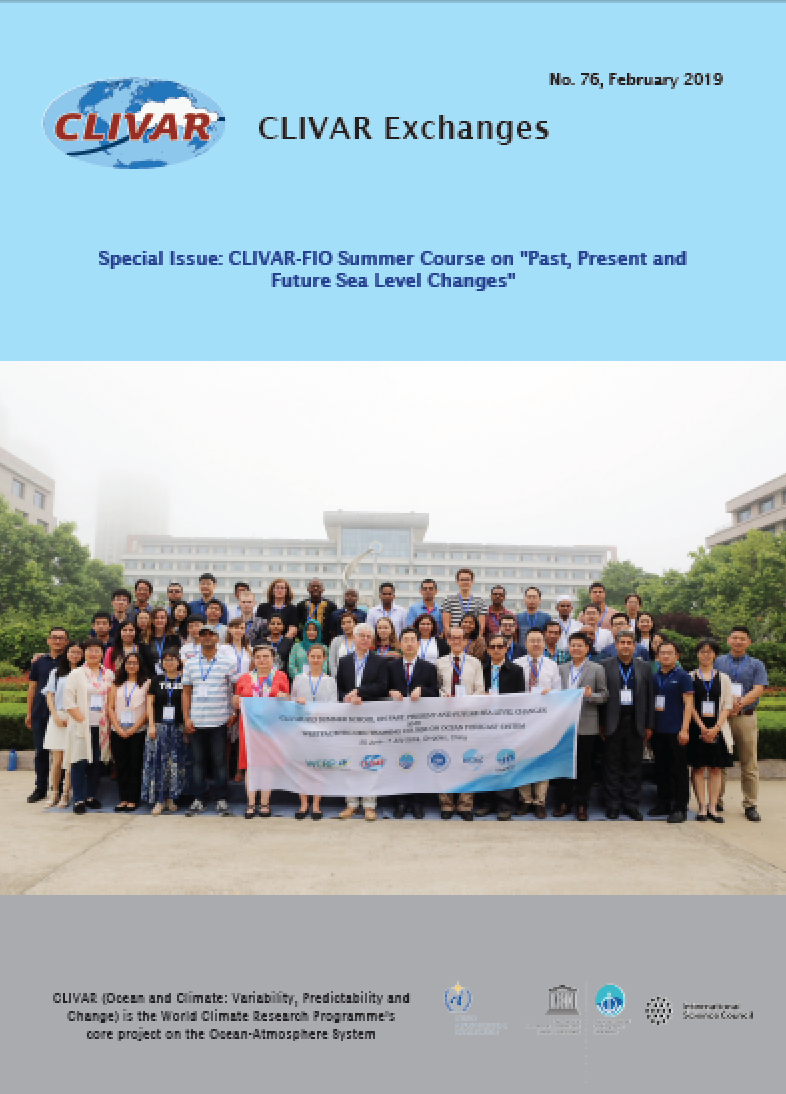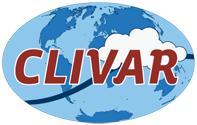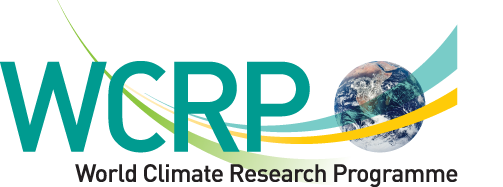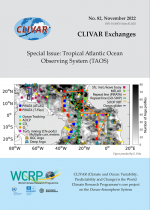Latest Issue of CLIVAR Exchanges published

The first CLIVAR-FIO Summer School on “Past, Present and Future Sea Level Changes” was organized in Qingdao, China, from June 25 to 30, 2018, back to back with the eighth UNESCO/IOC-ODC Training Course on Ocean Forecast System, held during 2-7 July 2018. The objective of the 2018 CLIVAR Summer School was to provide early career scientists and engineers specializing in sea level research with an update in observations, knowledge, and understanding for the study of global and regional sea level changes and their impacts in coastal areas. This Summer School covered a wide range of physical processes contributing to global and regional sea level change: from observations to modelling of the main physical processes of global and regional sea level rise and variability. In addition, there was a specific focus on impact studies in coastal areas.
A total of 38 trainees (15 females and 23 males) from 25 countries were selected out of the 202 applicants by considering the potential for future knowledge transfer, the education background, and the scientific expertise as important criteria, as well as the widest possible geographical distribution of the trainees, and a gender balanced distribution. During the summer course, 17 lectures were provided by eight experienced lecturers on sea level science from Germany, UK, France, Australia and China, who covered topics of observation and simulation of sea level changes, the contribution from thermal expansion, vertical land movement, glacier and ice sheet, the sea level projection in the past and in 2100 and beyond, as well as the coastal impacts of sea level rise and hazard management in coastal areas.
The school offered 42 hours of academic activities including keynote lectures, practical applications and field visits, spreading over 6 days. The Summer Course aimed to help establish research networks, and identify possible areas of cooperation among trainees and their institutions. To this end, each trainee was required to give a 10-minute presentation at the training course, which covered his/her main research focus, his/her institution’s areas of work, and preliminary ideas for cooperation with other countries in the region. Trainee reports were scored by the instructors and participants, and the reports who obtained the highest scores were invited to submit an article to this special issue of CLIVAR Exchanges.













